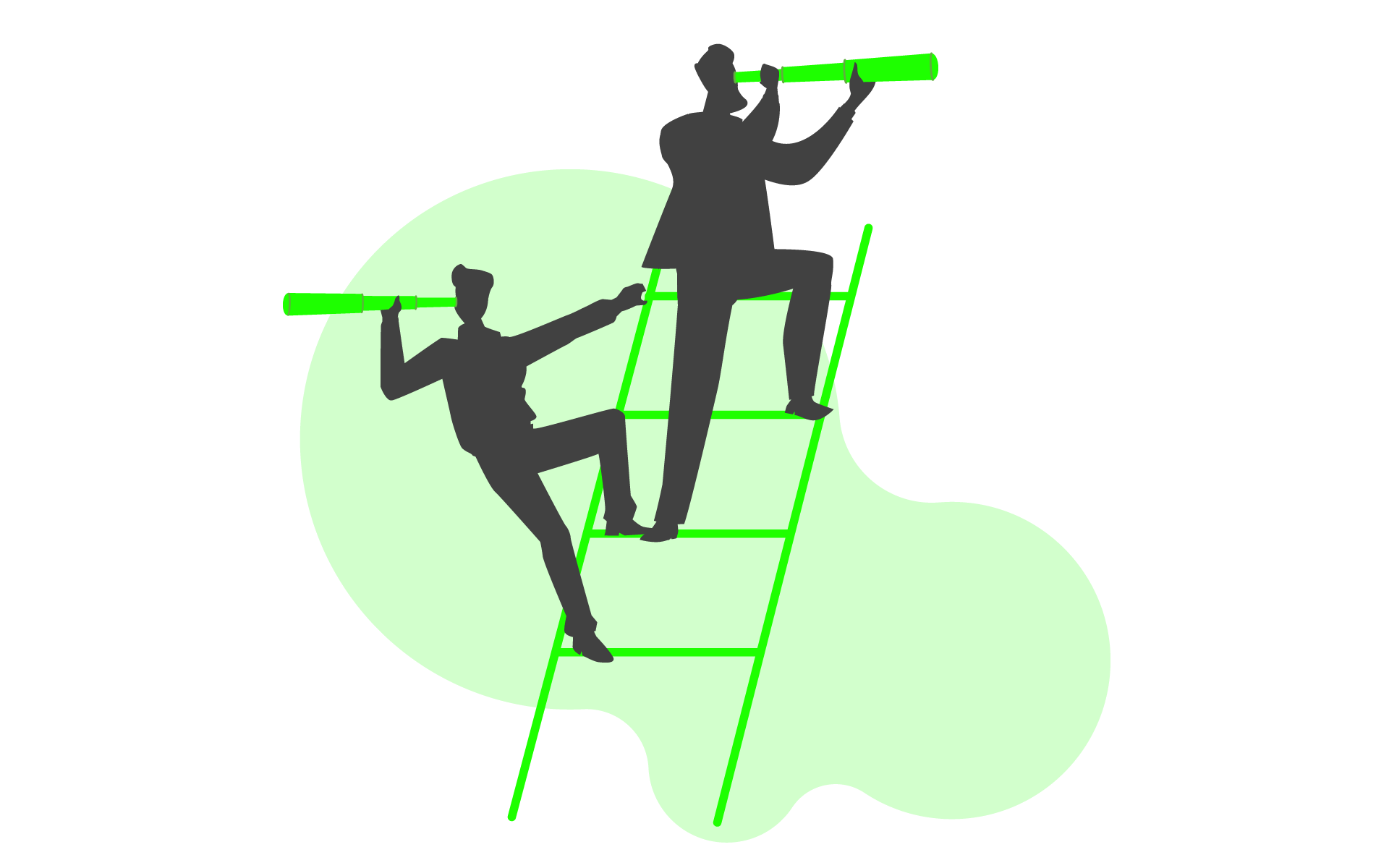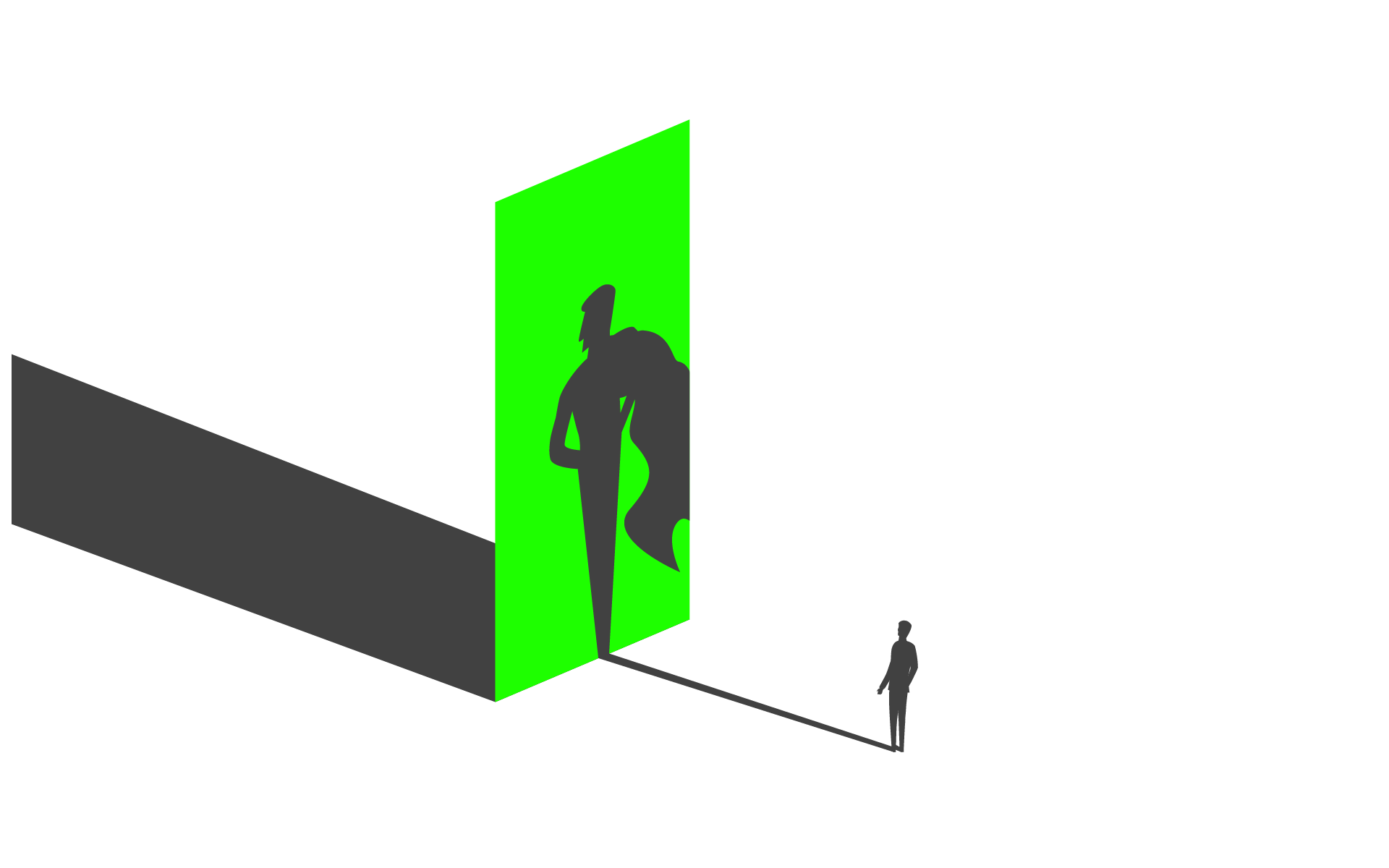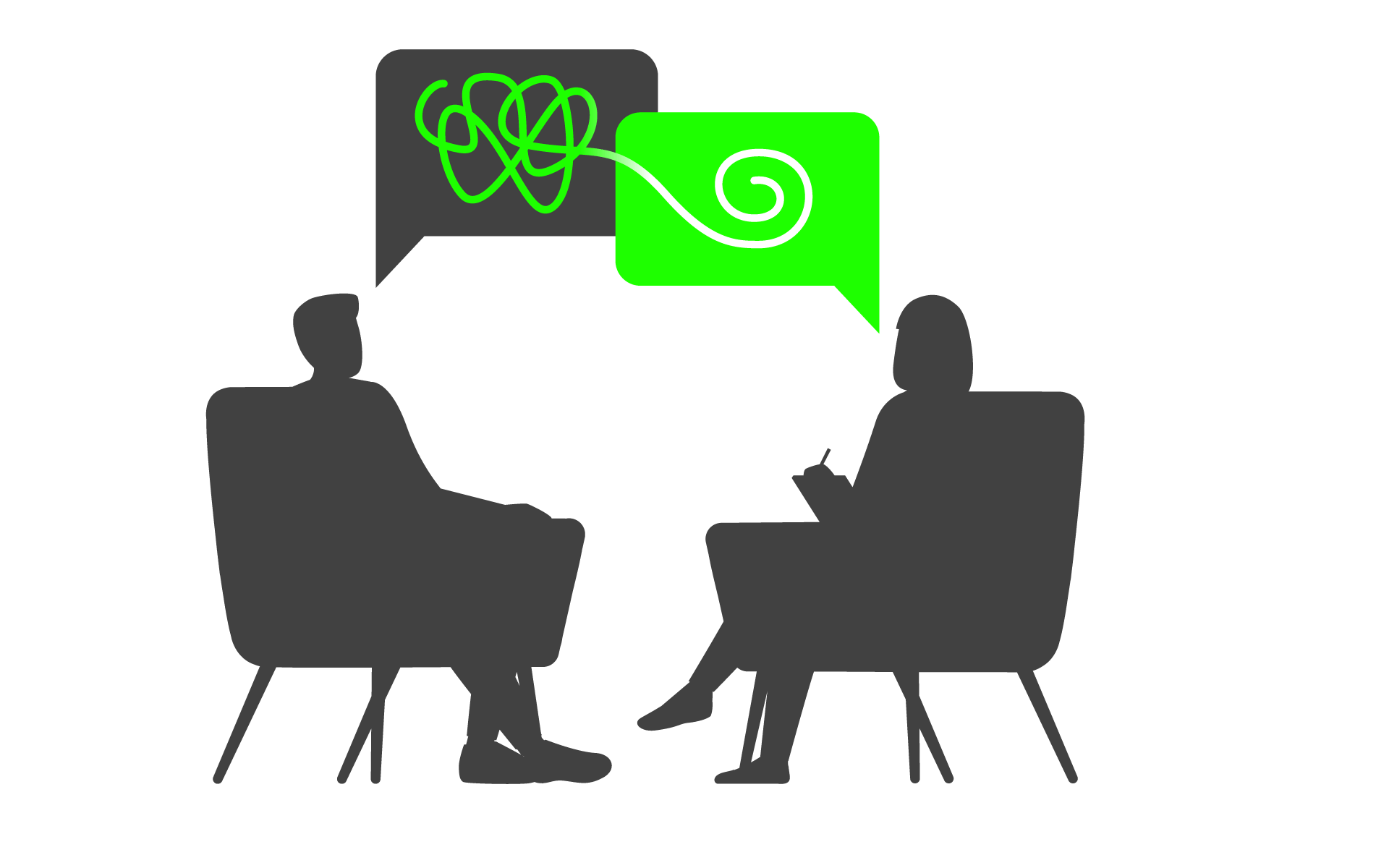Module 3: Deciding to change
Session: Learn
Self-efficacy – and how to increase yours

Self-efficacy. It sounds like it might have something to do with how self-effacing you are, or perhaps how effective you are. Well, it’s not quite those things. But it’s also not not those things.
Self-efficacy is your belief in how capable you are of doing certain things. Not how competent or able you actually are, but how capable you believe you are.
“Self-efficacy: your belief in how capable you are of doing certain things.”
But that self-belief – and how much (or little) of it you have – plays a powerful role in how things ultimately work out. People with high self-efficacy are generally optimistic about their ability to cope with, persist and succeed in overcoming challenges. On the other hand, people with low self-efficacy are more pessimistic, tend to focus on skills they lack rather than those they have, give up more quickly (especially after failures), and are more likely to avoid challenges.
In short, it’s often true that the more you think you can, the more you actually can.
Self-efficacy affects every area of human endeavour, promoting human accomplishment and personal well-being. Clearly, the higher your self-efficacy, the more likely you are to succeed in your change journey.

Where self-efficacy comes from
Albert Bandura, who developed the concept of self-efficacy, identified different sources of it:
Mastery Experiences
These are experiences we gain from doing things; taking on new challenges and succeeding.
Think you can’t run 5km? Well, if you start off running just 1km, then build it up 1km at a time, you’re mastering something through experience. Practice makes progress and progress makes perfect.
Mastery experiences are powerful because they’re first-hand. They give us direct, personal evidence of our capabilities. And they prove to us that the more we put in, the more we succeed.
Vicarious experiences
In these experiences, we see other people succeeding (or failing) at things, and get a sense of how likely we are to succeed by comparison, based on how similar or different we think we are to those people.
If you’re 70 years old and see a 30-year-old running a few kilometres, you might think, “well, those were the days, and those days are gone.”
But if you’re 30 and see a 70-year-old running 5km, you would reasonably assume that you’re capable of running the same distance. The vicarious experience would increase your self-efficacy.
Verbal Persuasion
Encouragement and affirmation from other people goes a long way.
Of course, it needs to be realistic encouragement – you want to be affirmed for things you’ve already done or are quite capable of doing well. This kind of persuasion helps to remind you of your competence and capability, and reinforces your self-efficacy.
Physiological Feedback
If you’re feeling physically strong, energised and active, you feel more confident of being able to do things. Conversely, if you’re stressed, fatigued, anxious or depressed, you tend to feel less competent and lower in self-efficacy.

How to increase self-efficacy
Self-efficacy isn’t static, and there are things we can do to improve it.
Get out of your comfort zone
Although this can be challenging, it’s generally valuable. Just the trial can be good for our self-efficacy; the error and failure can make us more resilient; and, ultimately, the success gives us a sense of victory and confidence.
Set SMART goals
These are goals that are specific, measurable, achievable, relevant and time-bound. If you know exactly what you want to realistically achieve, by when, and you actually do achieve it, there’s mastery and achievement.
Look at the bigger picture
If you can see failure or loss as a small or temporary setback in pursuit of something bigger, rather than as just a failure, you’re likely to stay more resilient and determined.
Reframe obstacles
Instead of seeing obstacles as things that stand in your way, try to adopt a constructive perspective. Plan for them in advance. Playfully regard them as tests that need to be creatively solved. Consider similar obstacles you’ve overcome in the past.
Competence or confidence?
Naturally, the more capable we are of doing something, the more confident we feel about it. But it works the other way around, too: the more we believe in ourselves, the more optimistic and determined we are, the more effort we’re likely to put in, and the more success we’re likely to get out.